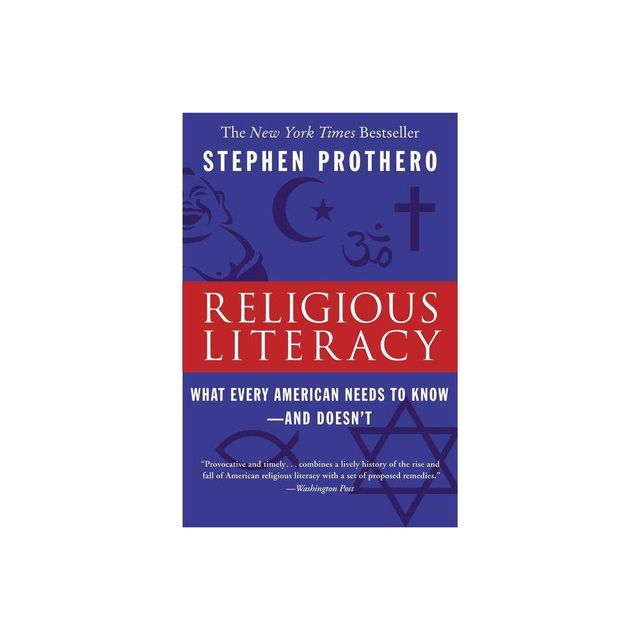Home
Religious Literacy Hospice Care: Challenges and Controversies
Loading Inventory...
Barnes and Noble
Religious Literacy Hospice Care: Challenges and Controversies
Current price: $52.95


Barnes and Noble
Religious Literacy Hospice Care: Challenges and Controversies
Current price: $52.95
Loading Inventory...
Size: Paperback
*Product Information may vary - to confirm product availability, pricing, and additional information please contact Barnes and Noble
This is the first book to explore how religion, belief and spirituality are negotiated in hospice care. Specifically, it considers the significant place that spiritual care has in hospice care and claims that the changing role of religion and belief in society highlights the need to re-examine how such identities are integrated in professional practice.
Using religious literacy as a framework, the author explores how healthcare professionals in hospice care respond to religion, belief and spiritual identities of service users. Part 1 provides a comprehensive account of the content and history of the place of religion, belief and spirituality in hospice care. Part 2 examines how these topics are negotiated in hospice care by looking at three key areas: environment, professional practice and organisation. Part 3 proposes a religious literacy model applicable to hospice care and explores implications for practice and policy. Lastly, the author identifies future trends in research, policy and practice.
Drawing on a range of theories and concepts and proposing a working model that can impact the training of future and current professionals,
Religious Literary in Hospice Care
should be considered essential reading for students, researchers and practitioners.
Using religious literacy as a framework, the author explores how healthcare professionals in hospice care respond to religion, belief and spiritual identities of service users. Part 1 provides a comprehensive account of the content and history of the place of religion, belief and spirituality in hospice care. Part 2 examines how these topics are negotiated in hospice care by looking at three key areas: environment, professional practice and organisation. Part 3 proposes a religious literacy model applicable to hospice care and explores implications for practice and policy. Lastly, the author identifies future trends in research, policy and practice.
Drawing on a range of theories and concepts and proposing a working model that can impact the training of future and current professionals,
Religious Literary in Hospice Care
should be considered essential reading for students, researchers and practitioners.


















